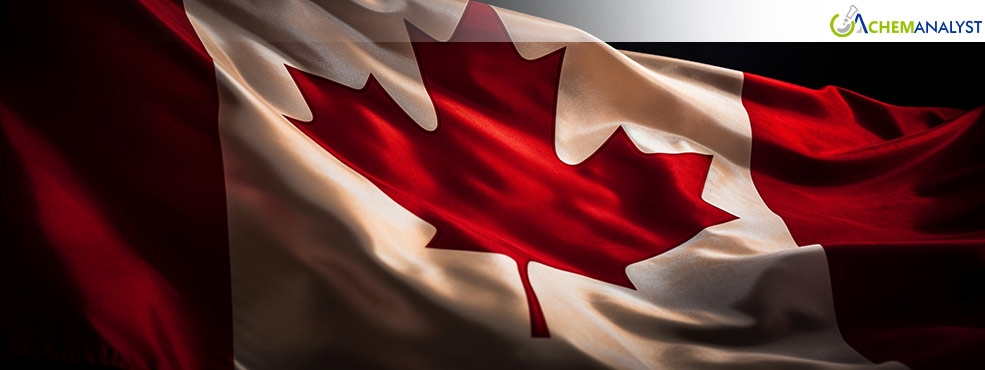Welcome To ChemAnalyst

The Canadian International Trade Tribunal (CITT) announced today, May 20, a critical preliminary determination: there is a "reasonable indication" that the dumping and subsidizing of polyethylene terephthalate (PET) originating in or exported from the People's Republic of China and the Islamic Republic of Pakistan have caused injury to the domestic industry. This decision marks a significant step in an ongoing trade investigation initiated by the Canada Border Services Agency (CBSA).
The Tribunal's inquiry was conducted under the Special Import Measures Act (SIMA), a vital piece of Canadian legislation designed to protect domestic industries from unfair trade practices like dumping and subsidizing. Dumping occurs when goods are sold in a foreign market at prices lower than their normal value in the country of origin, while subsidizing involves government financial assistance to producers, giving them an unfair advantage.
This preliminary finding by the CITT follows a complaint filed by Compagnie Alpek Polyester Canada (Alpek) of Montréal-Est, Quebec, which alleged material injury due to these import practices. Alpek cited various forms of injury, including price undercutting, price depression, lost sales, reduced market share, decreased net income and profitability, and even job losses. The Canadian market for PET resin was estimated to be approximately $193 million in 2023 and $185 million in 2024, highlighting the substantial economic impact of these trade practices.
With the CITT's affirmative preliminary determination, the CBSA will now continue its deeper investigations into the alleged dumping and subsidizing. The agency is expected to issue its own preliminary determinations by June 17, 2025. Should the CBSA's preliminary findings also indicate dumping or subsidizing, provisional duties may be imposed on the imports, effectively increasing their cost and aiming to level the playing field for Canadian producers.
The CITT, an independent quasi-judicial body, plays a crucial role in Canada's trade remedy system. Reporting to Parliament through the Minister of Finance, the Tribunal is responsible for hearing cases on dumped and subsidized imports, safeguard complaints, federal government procurement disputes, and appeals of customs and excise tax rulings. It also provides advice on economic, trade, and tariff matters when requested by the federal government.
This investigation into PET resin is not an isolated incident. Canada's trade remedy system consistently applies measures to counteract unfair trade practices, with 158 special import measures currently in force across various industrial and consumer products. These measures are reported to have directly safeguarded around 31,000 Canadian jobs and an estimated $11.6 billion in Canadian production.
We use cookies to deliver the best possible experience on our website. To learn more, visit our Privacy Policy. By continuing to use this site or by closing this box, you consent to our use of cookies. More info.
